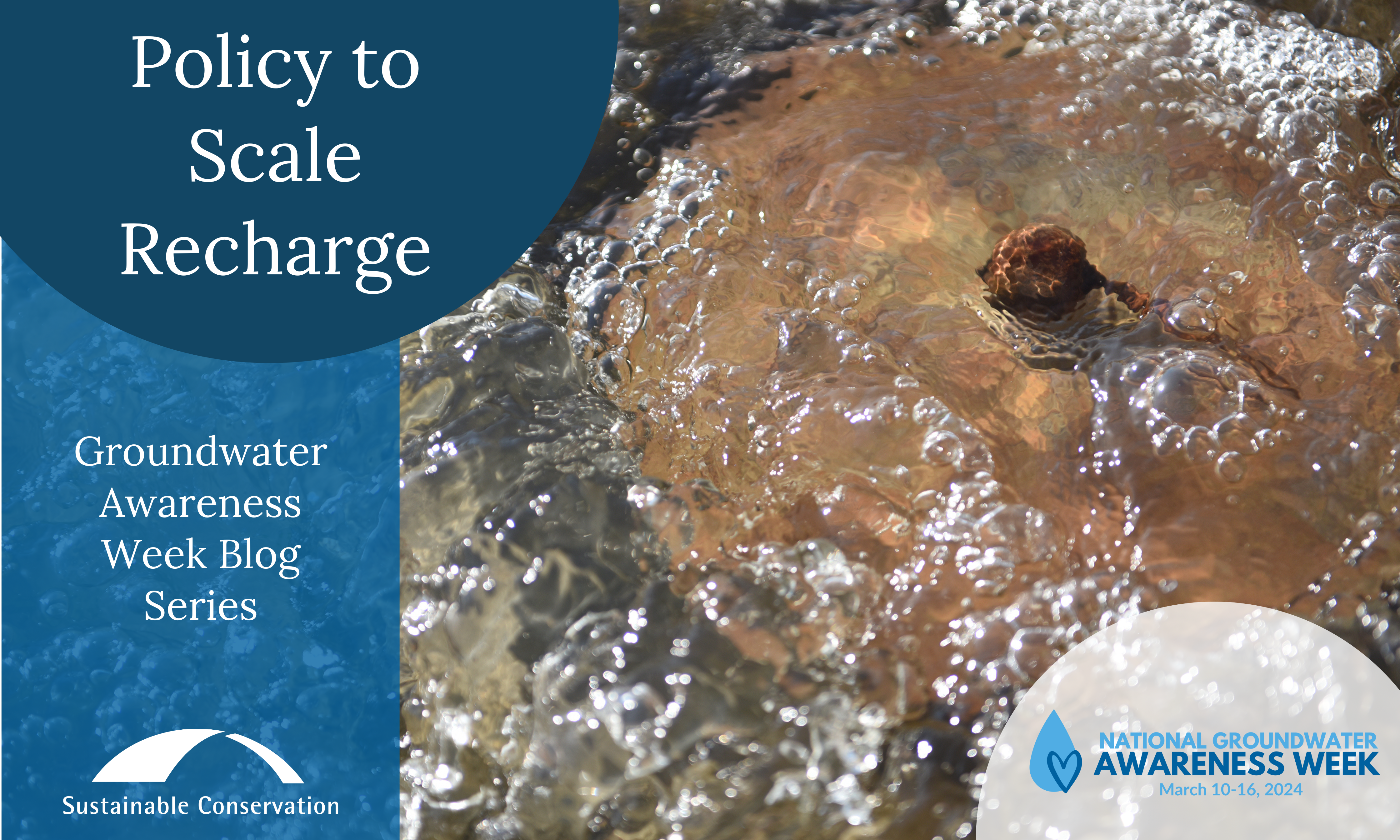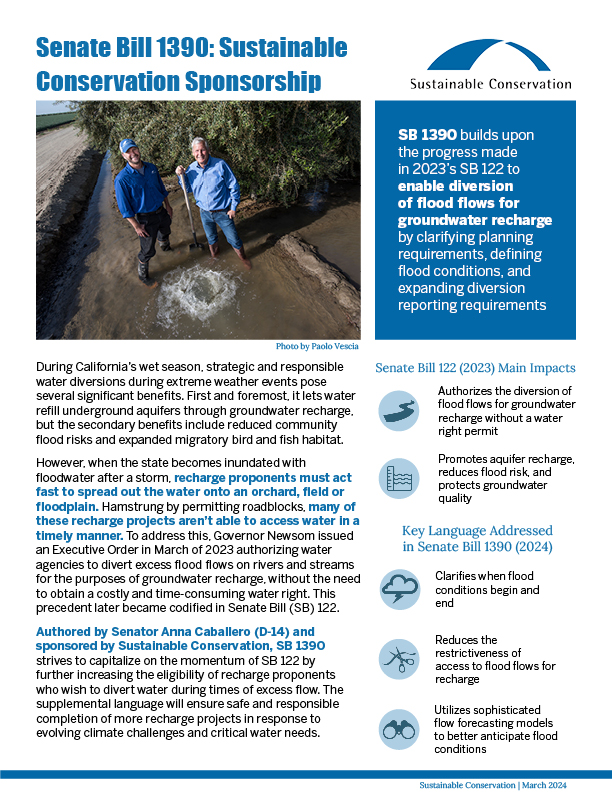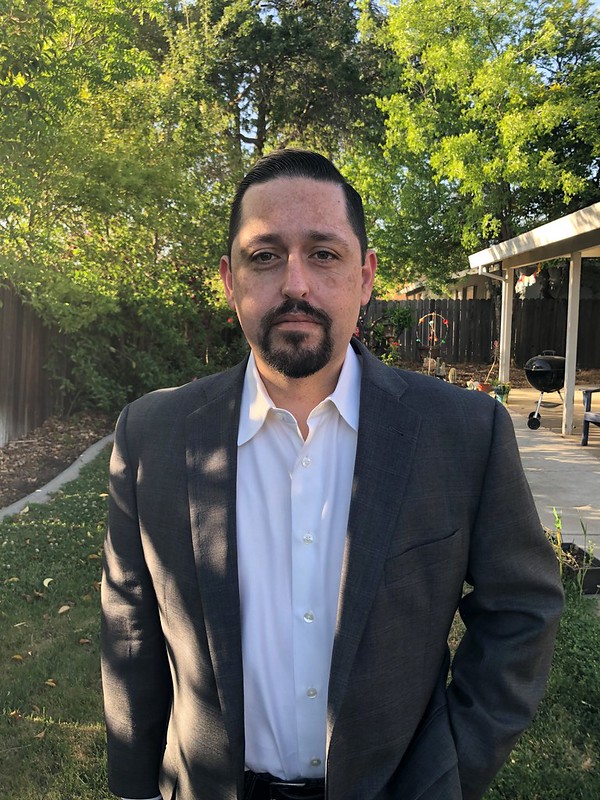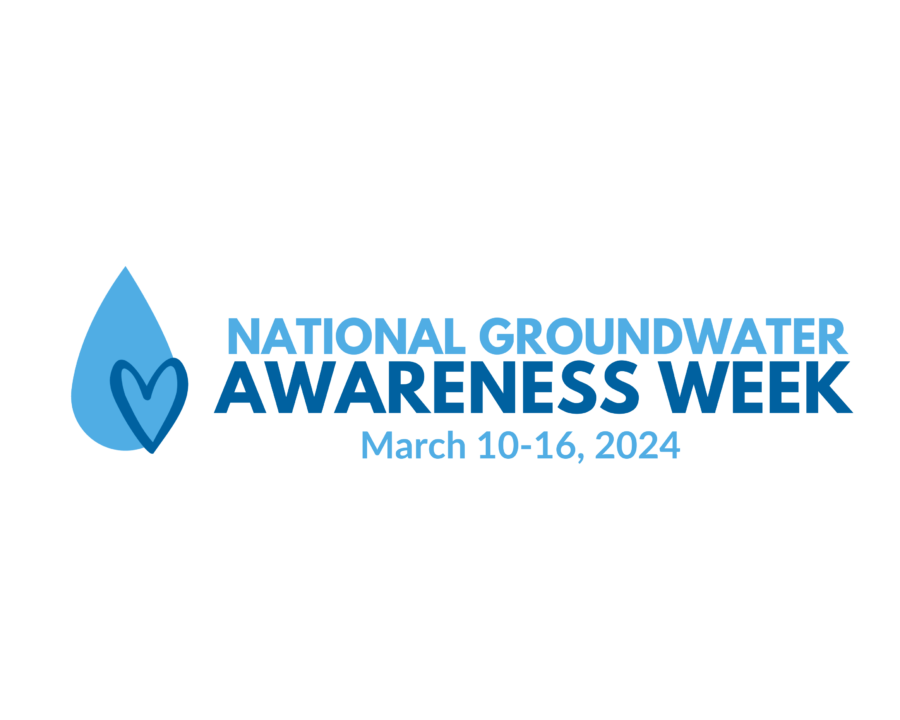
Sustainable Conservation consistently engages California’s legislative process to further groundwater sustainability throughout the state. “Where our policy work makes an impact is that we’re looking to basically promulgate practices around recharge and groundwater conservation,” said Charles Delgado, Sustainable Conservation’s Policy Director. “The more acceptance those practices have, the more of an impact they’re going to make.”
Sustainable Conservation largely pursues two avenues in our policy work: expediting permitting and creating incentives. Ideally, these permitting pathways and incentives work in tandem to reduce barriers and encourage the adoption of responsible and effective groundwater recharge. However, this blog will primarily focus on how Sustainable Conservation and our partners engage with permitting — read yesterday’s blog for more context on recharge incentives!
Reducing Permitting Roadblocks
While groundwater recharge is not a new topic in the world of California water policy, it has grown into a focal point of the state’s water management portfolio. We’ve learned through listening to our partners that identifying barriers or ambiguity in the regulatory structures can help (quite literally) open the floodgates for more recharge to benefit groundwater reliability and resilience. Charles emphasizes that permitting efficiency does not and should not result in relaxed environmental protections. “While we’re really trying to remove barriers to the kinds of activities that are going to prove to be beneficial, we recognize that environmental protection is a key role for government oversight. We’re not out there hacking at regulations.”
Within the last 12 months, legislation addressed the previous requirement for projects to possess a water right to divert floodwater for recharge. Even obtaining a temporary water right permit for recharge can be a convoluted, expensive, and time-consuming process. This can leave willing recharge project proponents without enough time or financial resources to secure the proper permitting to do recharge. Issued in March 2023, Executive Order (EO) N-4-23 emerged as a proactive response to the urgent need to facilitate groundwater recharge amidst heightened flood risk in California. “The [Newsom] administration asked us what can be done to help facilitate more recharge under these emergency conditions,” Charles said. “And we had done work previously on that very question — we had had those discussions within our organization and with collaborators, and we knew that one of the tools that should be available to water managers is the ability to recharge flood flows without the necessity of obtaining a water rights permit.”
Thus, EO N-4-23 and the subsequent Senate Bill (SB) 122 codified the authority for recharge projects to divert water during floods, even without a water right. According to Charles, this policy was largely successful, and many rechargers utilized the pathway to capture these flows to refill our aquifers. Now, in March of 2024, Sustainable Conservation is sponsoring a follow-up bill to SB 122 with SB 1390. The bill, authored by Senator Anna Caballero (D-14), capitalizes on SB 122’s momentum by expanding the pool of eligible recharge proponents who wish to divert water during times of excess flow. Furthermore, it will clarify when flood conditions begin and end, and integrate sophisticated and accurate flow forecasting models that water districts have long used.

Eliminating the need for a water rights permit during times of flood is just one case study of a policy advancement supported by Sustainable Conservation to reduce barriers to at-scale groundwater projects. Stay tuned for the publication of SB 1390 and to see the projects it will make possible!
As our climate changes and our state’s water system changes with it, sustainably managing our groundwater aquifers for community drinking water, agriculture, and ecosystems will only become more vital. Up-to-date groundwater legislation cannot exist without constant evolution and input from those on the ground who protect our ecosystems and communities, along with consideration of the impacts of diversions on flow levels in waterways and the stability of water tables critical for supporting groundwater-dependent ecosystems. “You know, that’s one of the things that excites me the most about the recharge conversation — these projects for groundwater sustainability are a win for everyone in the California water world,” Charles said. “And that’s a rare thing.”
For more information and materials on groundwater, visit the NGWA website, and stay tuned for the upcoming installments of our Groundwater Week Blog Series!
Featured in Blog:


